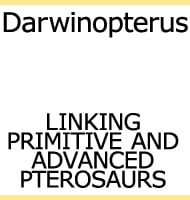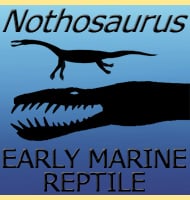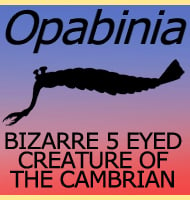In Depth
When Richard Owen first established the Dinosauria, and thus creating the term dinosaur in 1842, Hylaeosaurus was one of the three genera used to establish the group (the others were Megalosaurus and Iguanodon). Several species of Hylaeosaurus have been named over the years, but the only species currently thought to be valid is the type genus H. armatus.
Named in 1833, Hylaeosaurus was the first genus of armoured ankylosaur dinosaur to ever be discovered, and was the third dinosaur genus to be named. Much of what it actually looked like is still unknown, but it can be expected to be a squat quadrupedal dinosaur, with a covering of bony plates and spikes down the back and sides. The exact arrangement of these however is still unknown, though it is not expected to have a single row of spines down the back as originally suggested by Gideon Mantell.
Hylaeosaurus may have been a primitive nodosaur, though it is often regarded as a polacanthine. Because of this, Hylaeosaurus would not have had a tail club like in the later ankylosaurids.
Further Reading
- The Geology of the South-East of England, Gideon Mantell - 1833. - Hylaeosaurus, Polacanthus, and the systematics and stratigraphy of Wealden armoured dinosaurs, J. Pereda-Suberbiola - 1993. - The first known femur of Hylaeosaurus armatus and reidentification of ornithopod material in The Natural History Museum, London, P. M. Barret 1996. - Skull of the polacanthid ankylosaur Hylaeosaurus armatus Mantell, 1833, from the Lower Cretaceous of England, K. Carpenter - 2001.









